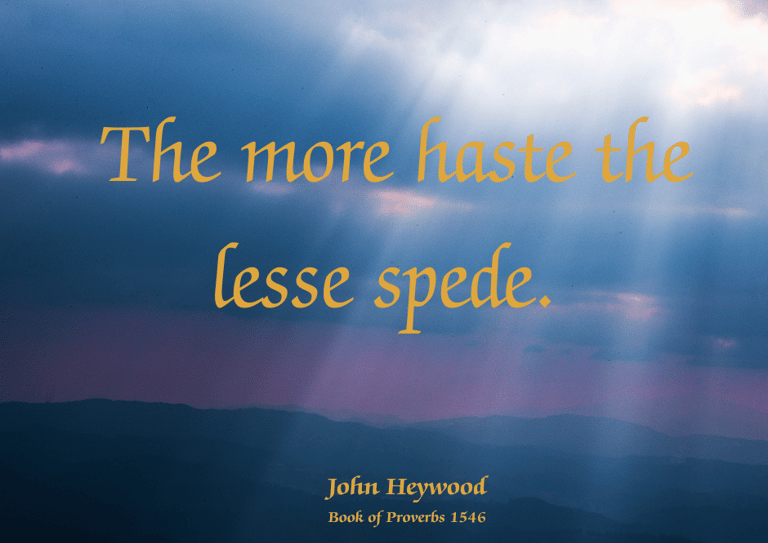More haste less speed
Practise vs practice
8/14/20232 min read


Practise and practice: I like practising singing but does my singing improve with practice… I’m sometimes bewildered why we have to complicate British English when it’s still one of the youngest languages and continues to evolve. It is one of the most descriptive languages in the world and yet, because of that it can also be extraordinarily vague and over complicated.
Describing how something feels to me as a way to inform someone else is a dichotomy. It can be incredibly useful as guidance towards an outcome but if that outcome becomes the drive then the point has been missed - the exercise becomes result driven. Not only does another person have a different somatic relationship with their body but my language usage might have distorted my perception of what I’m feeling to the other person and their interpretation of what I’ve tried to convey, once again, changes its meaning subtly; like a version of Chinese whispers.
Let’s try a relatively simple example: if I say lift your right arm to chest level with a relaxed breath in. Someone may ask how it feels to me and I say “like it’s floating”. My description isn’t necessarily incorrect although the process that I use to get there hasn’t been described at all and to other people the word “floating “ can be interpreted as effortlessness or buoyancy or even shapelessness. If I don’t go through the nuances of the different ways of lifting that arm along with the quality of breathing that goes with it and what the rest of my body and indeed my mind is doing then quite a few people will pursue the experience of “floating “ and miss the causal connection of how to get there.
I’ve experienced this in singing more often than I care to remember when someone pointed to their head, face or even nose and simply said “feel the sound here” or “place” the sound there without realising that they were attempting to describe the outcome that they experience and not how they got there. Often, sadly, it was also second or third hand direction passed on from other singers and teachers.
When we pursue a goal or a result and we practise only getting to that point we can often miss what it is we’re aiming for. We can miss out on the journey and what the incremental steps were that produce the results.
I remember at my primary school we did a number of scenes involving proverbs and I was given “more haste less speed”, which confused me for most of my life as haste is to rush and speed implies swiftness. That was until I came across one of the first written recordings of the proverb “The more haste the lesse spede.” [1546]. To me that means the more you rush the longer it will take, or you’ll make better progress with a task if you don't try to do it too quickly.